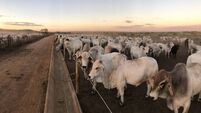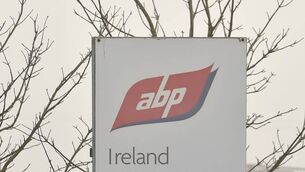Rumen modifiers fail to cut cattle methane

Globally, greenhouse gas emissions (GHG) from agriculture are 10-12% of man-made GHG emissions. according to 2010 figures.
But Ireland’s emissions profile is unique in the dominance of the agriculture sector. Agriculture, energy and transport accounted for 73% of Irish GHG in 2012, but agriculture alone accounted for 32% .









